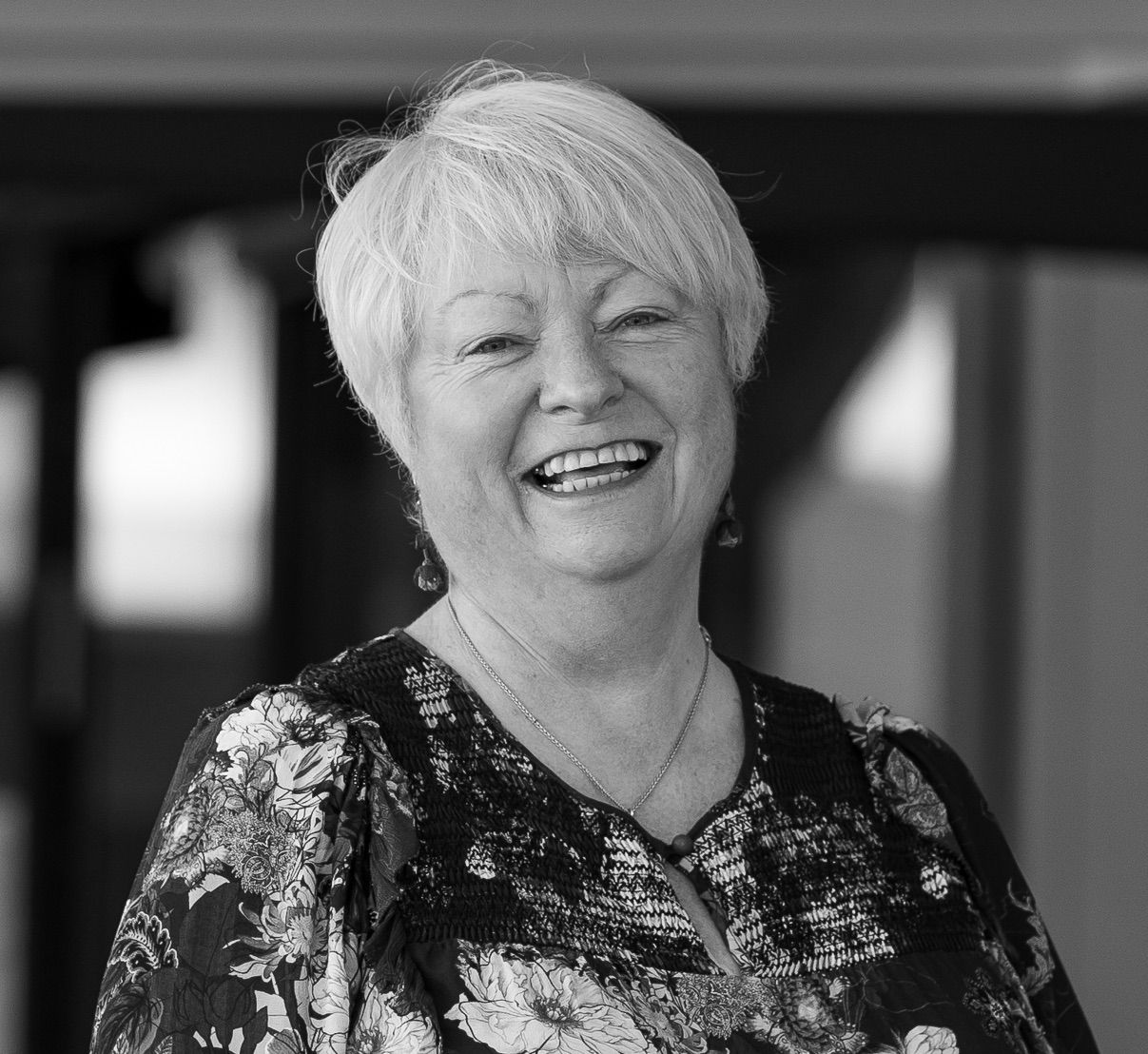Education on the Move
Education is ever-changing and 2024 is set to be even more dynamic. There are many colliding signals of change which interact and add to the complexity our young people face today. Dr Cheryl Doig explains.
Flexible learning opens up so many new possibilities while also challenging our thinking about the purpose of schools, whose needs are being met, or not, and what unintended consequences might arise. At first read, the three signals below may seem unrelated, but together they demonstrate the complexity of growing up in today’s world. They show the impact of technology for good and for evil.
They remind us that today’s children, students and families are bombarded with new demands, opportunities and challenges.
Don’t expect schools to solve these dilemmas or think that taking away technology is the answer. Our job as adults in this space is to be ‘first learners’ and to spend time helping to shape the world we want future generations to live in.
Flexible Schedules
This year Queensland (Australia) public schools introduced flexible study options for all primary and secondary schools, with options for students to study at home for a day a week and ways in which school hours can be compressed over fewer school days. It could include a change to start and finish times each day to match teacher availability or to cater for wellbeing. These new rules can apply to a whole school or to specific cohorts.
Exams
NCEA exams are increasingly being sat online. This has not been without hitches. Last year there were difficulties with the
online system, with some students blocked from logging on for NCEA exams and others having to revert to paper versions part way through exams. Disconcerting for all concerned.
It’s tempting to say we should revert to paper tests but the reality is that the horse has bolted. These issues will be ironed out and hopefully those sitting exams at the end of this year will experience no glitches. Once this happens there is no need for all students to be sitting exams at the same time. Could they undertake exams whenever they are ready to move on? If technology is increasingly immersive won’t we know in real time how students are doing? Do we all need to sit in a room together for up to three hours and then wait to get our results?
Female Vulnerability
In the last year the use of technology as a weapon against women has accelerated. Women, in particular, have been targeted by trolls. This is especially the case for female influencers and those in positions of responsibility. Last year a US school was in the news because some students were victims of ‘non-consensual deepfake porn’. This involved AI being used to manipulate and share online porn images using the faces of students. This was not only devastating for the young women and their families but also showed how
easily technology can be manipulated. This is a deep societal issue which requires us to support our young women better and
to spend time instilling values of goodness and fairness into our children.
Dr Chris Jansen is a director and senior consultant with Leadership Lab and works alongside organisations in the education, health, business and community sectors on a range of projects. Chris is also a senior lecturer at the University of Canterbury, where he teaches the Master of Business Administration and Postgraduate Diploma of Strategic Leadership.
leadershiplab.co.nz growwaitaha.co.nz

Dr Cheryl Doig is a leadership futurist who follows leadership trends and research and translates these into practice, working internationally and virtually with organisations, business leaders and educators. Her passion is for challenging organisations to think differently in order to adapt to a changing future – to think beyond their current leadership realities, while still using the best of the past. thinkbeyond.co.nz leadershiplab.co.nz growwaitaha.co.nz


